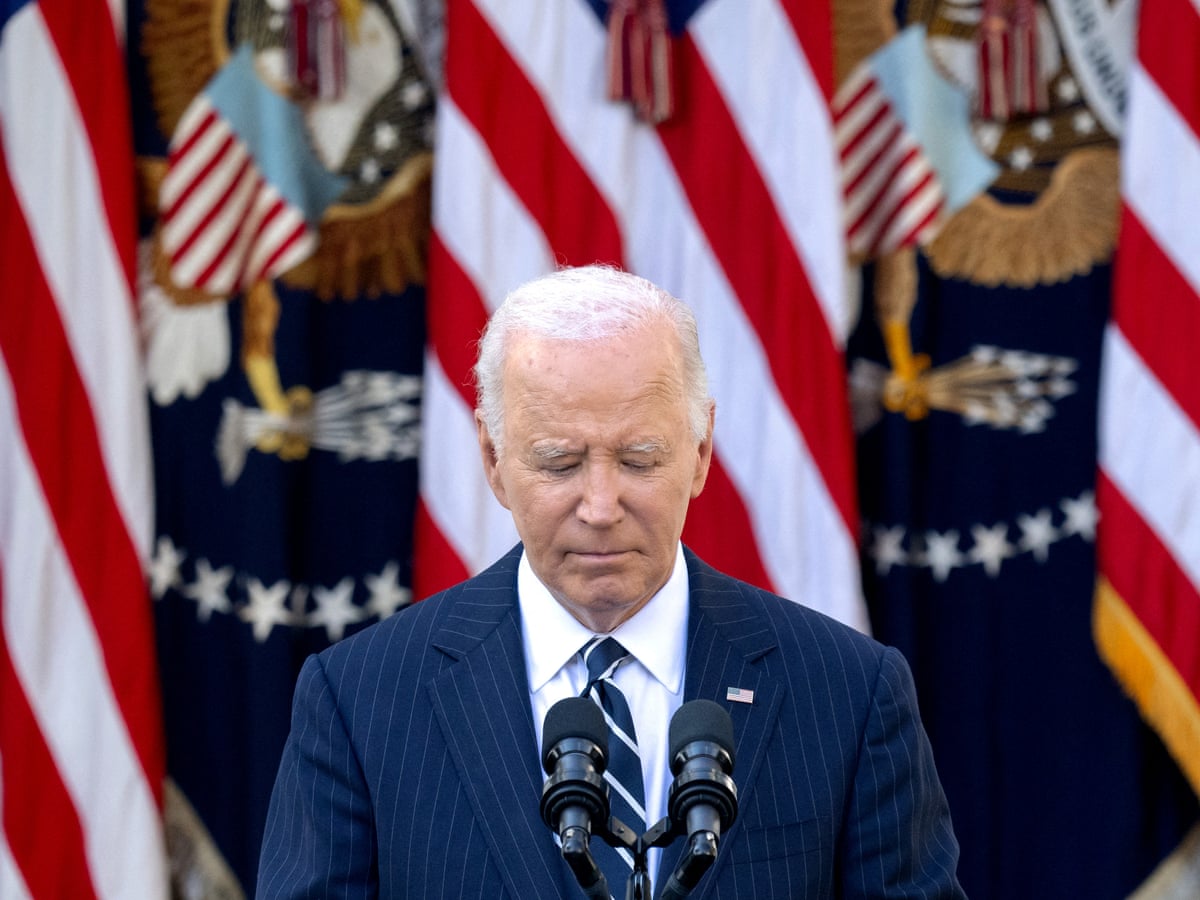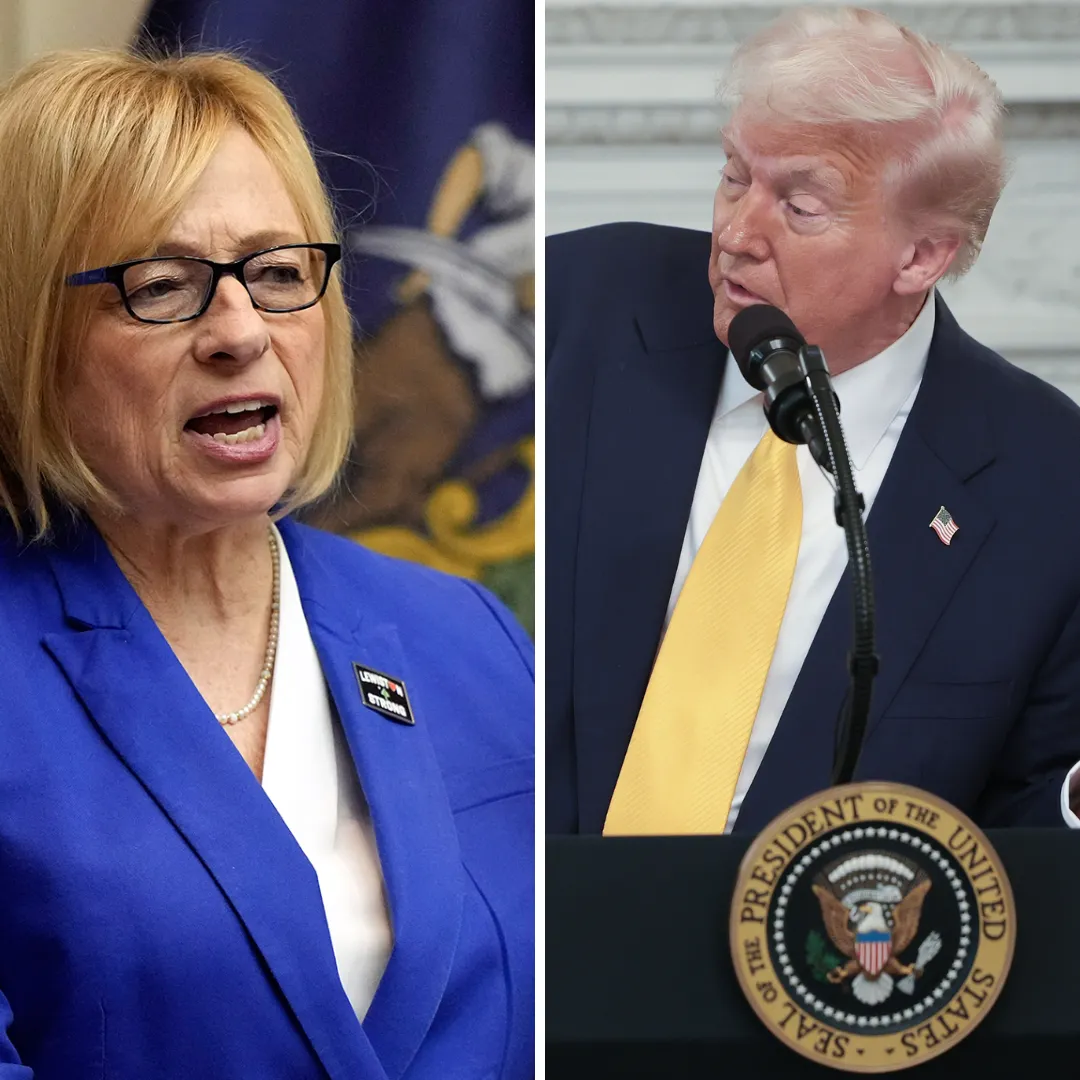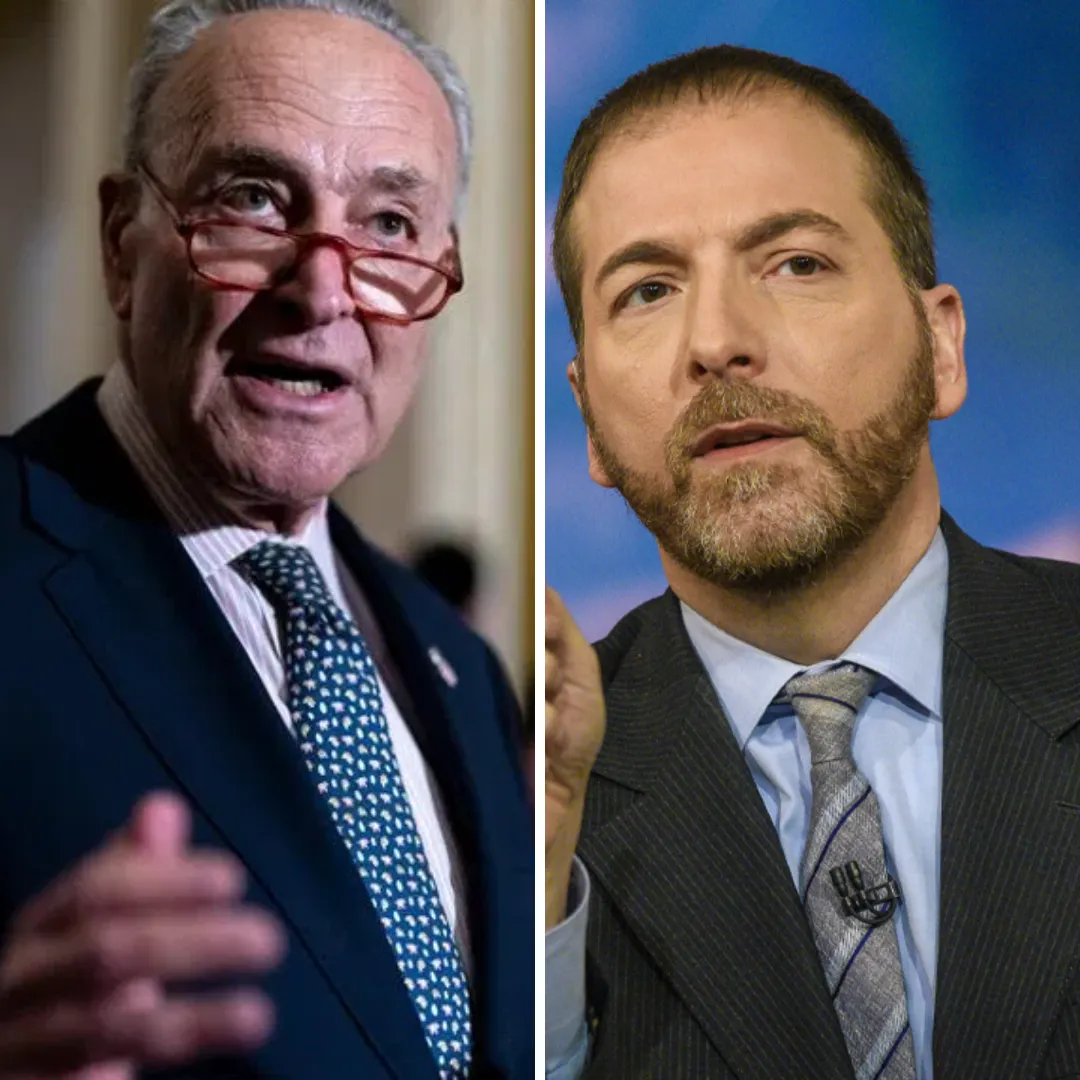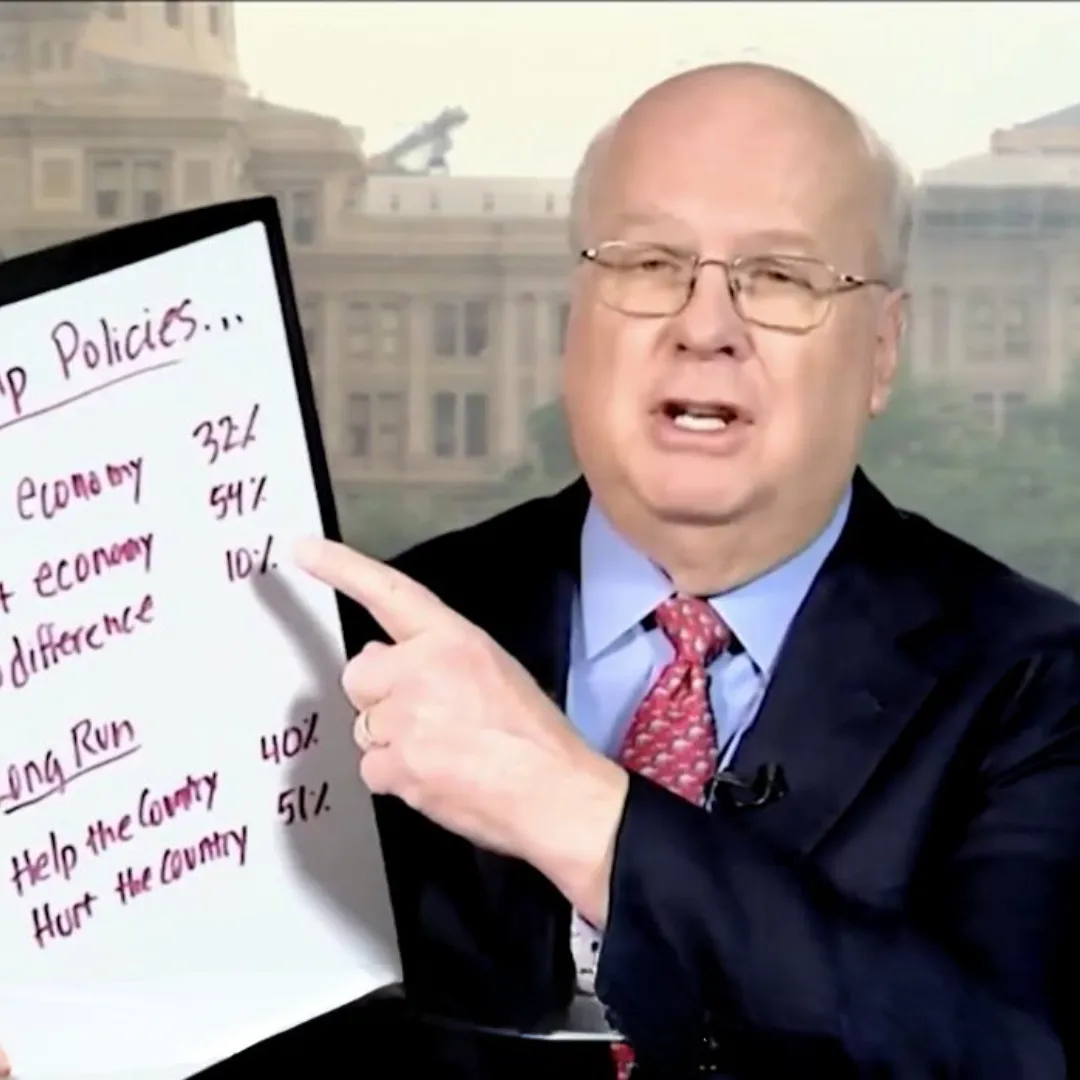
Democrats are increasingly turning on former President Joe Biden as his public reemergence threatens to derail efforts to recover from a crushing defeat in 2024 and prepare the party for a new generation of leadership in the 2028 presidential race.
What began as a quiet discomfort among strategists and lawmakers has exploded into open frustration after Biden’s recent appearances in major interviews, including one on ABC’s “The View” and another with the BBC earlier in the week.
In what many expected to be a more reflective and reserved postpresidency, Biden has instead chosen to return to the spotlight with firm defenses of his past decisions, direct criticisms of his successor Donald Trump, and vague acknowledgments of responsibility that some Democrats view as too little and far too late.
One of the most pointed criticisms came from Jon Favreau, host of the influential political podcast “Pod Save America” and a former top aide to President Obama, who on Friday advised every Democratic politician with aspirations for 2028 to stop hedging and speak the truth that many in the party believe but fear to say publicly.
In Favreau’s view, Biden’s 2024 campaign was a historic misstep, and the consequences are still being felt across the Democratic landscape. Favreau said clearly that Biden should never have run for a second term, that he should have stepped down earlier after the now-infamous debate that shook public confidence, and that his closest advisers gave him dangerously poor advice by encouraging him to remain in the race and falsely assuring him that victory was within reach.
Favreau’s advice was blunt and emotionally charged, saying that Democrats need to rip the Band-Aid off and admit the full extent of the error if they hope to move forward with integrity and clarity.
The podcast segment, which centered around Biden’s “The View” appearance, quickly became a rallying point for others in the party who share the sentiment but have not yet voiced it so explicitly.
During the television interview, Biden attempted to dispel allegations that he had advised Vice President Kamala Harris, the 2024 Democratic nominee, to align fully with his own positions on key policy issues.

He rejected reports that he discouraged her from creating daylight between her platform and his own, saying simply that he never advised her against that strategy.
However, his denial did little to calm concerns about the lasting damage done to Harris’s campaign and the party’s national standing under Biden’s leadership.
This latest comment, like many others during his postpresidency interviews, was viewed by critics as an attempt to manage the narrative rather than confront uncomfortable truths.
Biden also stated that he accepted a level of responsibility for Trump’s victory and the Democratic collapse, but his overall tone was one of defense and justification rather than sincere regret or introspection.
For a party seeking to recover, rebuild, and redefine itself ahead of a crucial next election cycle, many feel that Biden’s return to center stage has become more of a burden than a benefit.
The friction was already present, with several Democratic strategists suggesting earlier in the week that Biden’s presence was dragging the party backward instead of letting it chart a course forward.
They argue that Biden’s continued insistence on defending his record and his decisions, particularly around his choice to run again in 2024, distracts from the urgent work of grooming new leadership and reshaping the party’s message to appeal to younger, more diverse voters who feel increasingly alienated from Washington’s old guard.
For those who worked tirelessly to hold the Senate and make gains at the state level, Biden’s reemergence is more than an irritant, it’s a threat to the very progress they are trying to salvage.

While some acknowledge that Biden stepping up and taking partial responsibility was necessary, they argue it does not go nearly far enough. According to one Democratic strategist, what the party needs from Biden is not vague expressions of accountability but a full and public admission that his decision to run again was fundamentally flawed and that he alone bears the blame for the consequences that followed.
The strategist criticized Biden’s failure to own up to the deeper truth that he should never have sought a second term, calling it a blind spot that continues to hurt the party’s image and cohesion.
Others echoed this critique, lamenting that the former president’s team has shown little recognition of just how damaging their political judgment was in the final months of his tenure.
Even as Biden speaks about unity and experience, the legacy of his second run is viewed by many as one of stubbornness, detachment, and misplaced confidence that cost Democrats not only the presidency but momentum across multiple levels of government.
The controversy comes at a time when the Democratic base is looking for new faces and stronger voices to counter an increasingly aggressive Republican Party under Trump’s renewed leadership.
For a party that prides itself on inclusivity and progress, the idea of being tethered to a twice-defeated former president has become difficult to defend. Biden’s supporters argue that his decades of experience and personal decency still offer value to the country and that his recent interviews demonstrate a willingness to be honest about the challenges facing the party.
They point to his defense of Kamala Harris, his criticism of Trump’s policies, and his rejection of stories questioning his mental fitness as signs of a leader who still cares deeply about the country and wants to contribute.

However, many in the party feel these efforts are misplaced, urging Biden to step away from the media spotlight and instead focus on service-oriented postpresidential work that highlights the positive outcomes of his administration without rehashing the political battles that led to its downfall.
The comparisons to former President Jimmy Carter are becoming more frequent, with several Democrats noting that Carter chose humility, service, and quiet leadership after leaving office, which helped rehabilitate his image and allowed the party to move on without friction.
Biden, they argue, could choose the same path but seems unwilling to fully let go of the political stage. As his interviews circulate and as more Democratic voices speak out, the pressure is mounting.
The once unthinkable idea that the party’s top figures would publicly disavow the last Democratic president is now a political reality. The stakes for 2028 are already high, and for those preparing to run or back new candidates, the time to create distance from the past is now.
Favreau’s demand that Democrats rip the Band-Aid off is not just a media soundbite, it’s a call to action for a party at a crossroads.
Either Democrats confront their past mistakes and build a new coalition free from the baggage of the Biden years, or they risk heading into the next election cycle divided, uninspired, and out of step with the voters they need to win back. The clock is ticking, and the decision to move on — or not — will define the party’s future.



